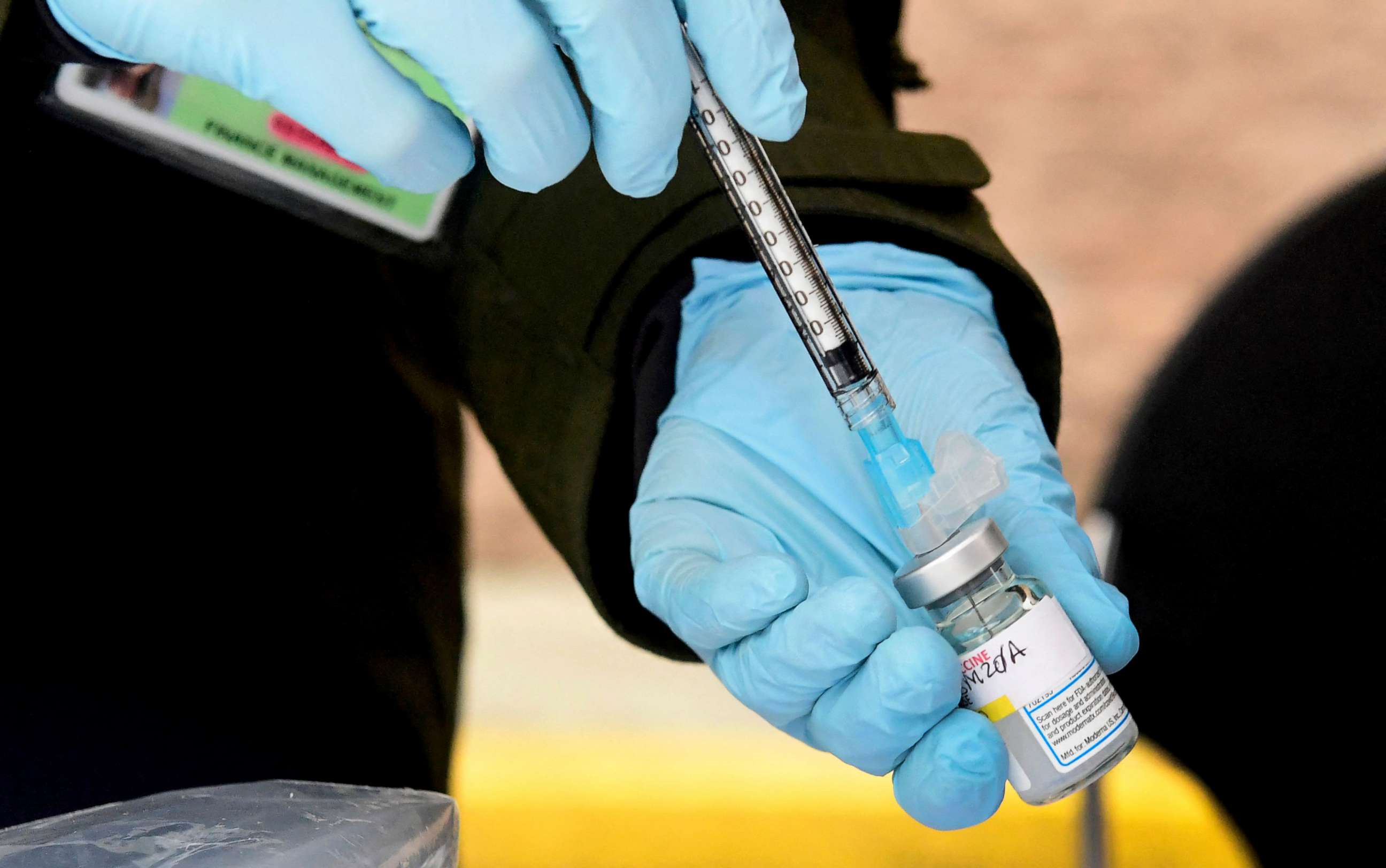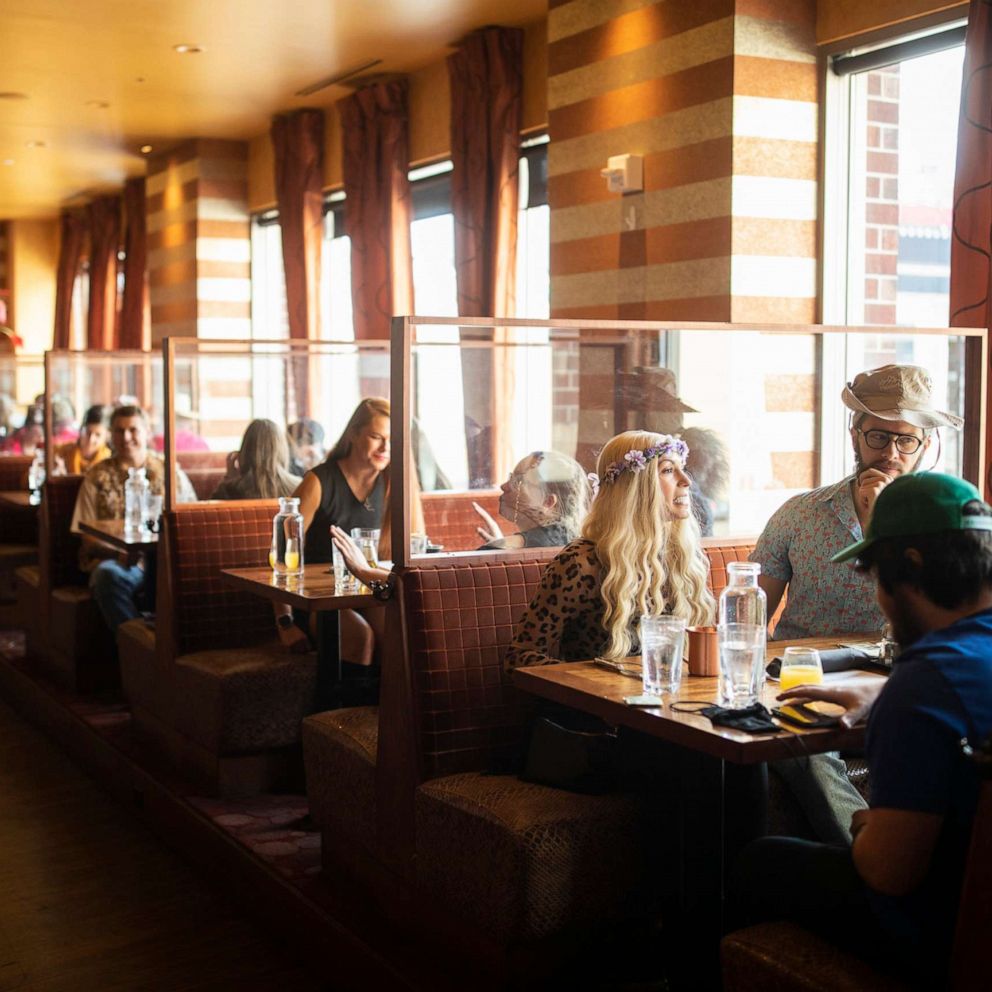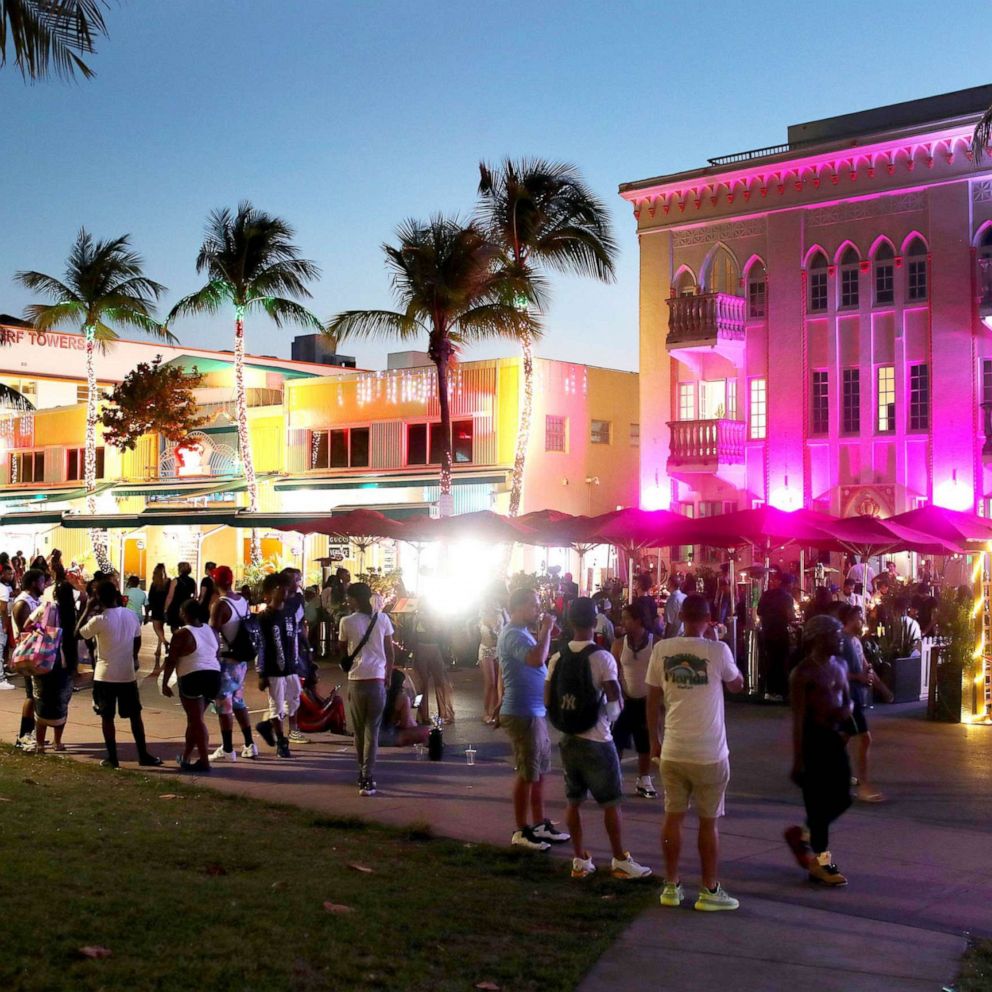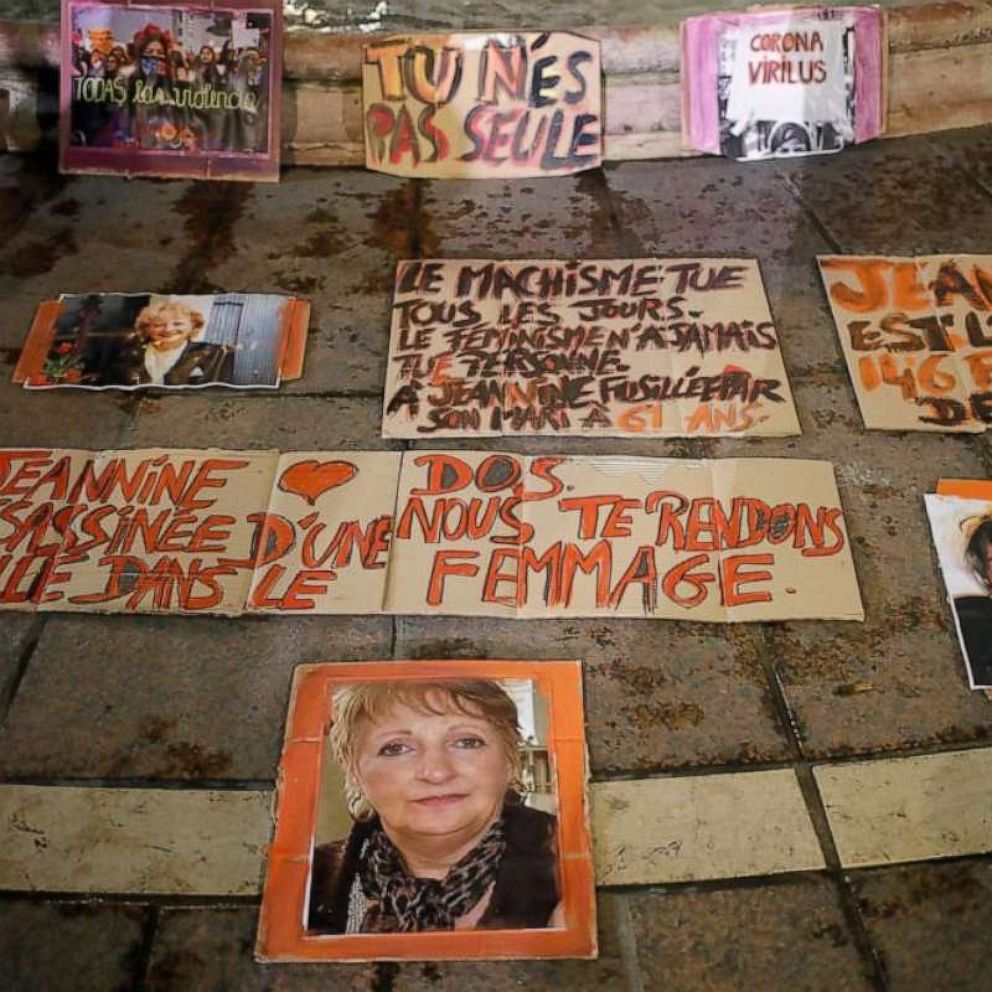Rite Aid apologizes after undocumented immigrants denied COVID-19 vaccine
Two women were asked to show a Social Security card at pharmacies in California.
Pharmacy retail giant Rite Aid has apologized to two undocumented immigrants who the company said were "mistakenly" denied COVID-19 vaccinations at Southern California stores.
Both women, who were turned away from getting the vaccine in separate incidents this month, have been invited back by Rite Aid to receive their vaccinations, a spokesperson for the pharmacy chain told ABC News on Sunday.
Rite Aid spokesperson Christopher Savarese described both cases as "isolated" incidents resulting from workers at the stores not following established protocols for vaccine eligibility. The employees will be re-educated on the protocols to make sure everyone is on the same page, he said.
Savarese said that of the hundreds of thousands of vaccines Rite Aid has administered, these are the only two complaints the chain is aware of.

In a statement later sent to ABC News, Rite Aid officials said, "In such an unprecedented rollout, there are going to be mistakes and there will be always areas for providers to improve -- we’re seeking out those opportunities every day."
Savarese added, "This is very important to us that this is corrected. Both of the situations that we're talking about have been resolved, and both of those people will be getting their vaccine at Rite Aid."
Rite Aid issued the apologies after a son of one of the women and the employer of the other woman, who is a babysitter, spoke out to ABC Los Angeles station KABC.
Sebastian Araujo, a student at UCLA who plans to become an immigration lawyer, said his mother was turned away from a Rite Aid in Mission Hills, California, after she was asked to show a Social Security card and could only produce her foreign consular identification.
Araujo told KABC that he spoke out on his mother's behalf with the goal of making sure all undocumented immigrants in the United States are allowed to get the vaccine when they are eligible under state, local and federal guidelines.
"I know that my mom is not the only one," Araujo said.
Kevin Rager of Orange County told KABC that his children's babysitter, an undocumented immigrant, was reduced to tears when she was rejected at a Rite Aid store twice on the same day.
Rager said his employee even provided Rite Aid with an out-of-state identification and a letter he wrote verifying she watches his children. But the pharmacist at a Rite Aid in Laguna Niguel, according to Rager, insisted on seeing the woman's Social Security card and inaccurately told her that vaccine priority goes to U.S. citizens.
"These questions shouldn't be asked of any individual, and our entire country needs to get vaccinated. So, I don't see why somebody should be denied when they actually want to get a vaccine," Rager said.
Rep. Tony Cárdenas, who represents Los Angeles, said the legal immigration status of a person is not supposed to interfere with them getting vaccinated.
"That is not a requirement whatsoever at the federal, state or local level, and that organization (Rite Aid) has been told very clearly that that was wrong, and they immediately apologized for doing so, but it left the woman very distraught," Cárdenas told KABC of Rager's employee.
On Feb. 1, the federal Department of Homeland Security issued a statement that the agency and its "federal government partners fully support equal access to the COVID-19 vaccines and vaccine distribution sites for undocumented immigrants."
"It is a moral and public health imperative to ensure that all individuals residing in the United States have access to the vaccine. DHS encourages all individuals, regardless of immigration status, to receive the COVID-19 vaccine once eligible under local distribution guidelines," the DHS statement reads.
However, the confusion over whether undocumented immigrants qualify to receive vaccine has continued to occur not only in Southern California, but elsewhere in the country. The University of Texas Rio Grande Valley issued an apology to at least 14 people who were rejected Feb. 20 at its vaccination site because they could not provide proof of U.S. residency.
What to know about the coronavirus:
- How it started and how to protect yourself: Coronavirus explained
- What to do if you have symptoms: Coronavirus symptoms
- Tracking the spread in the U.S. and worldwide: Coronavirus map






